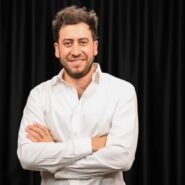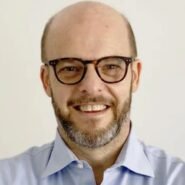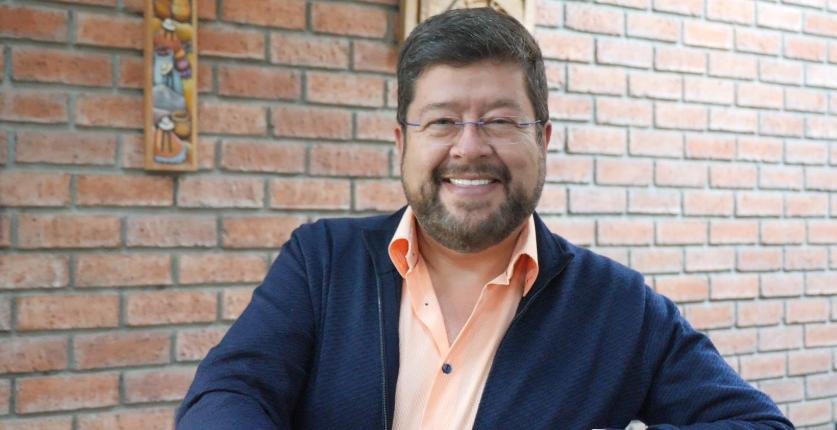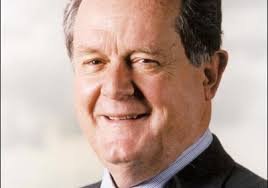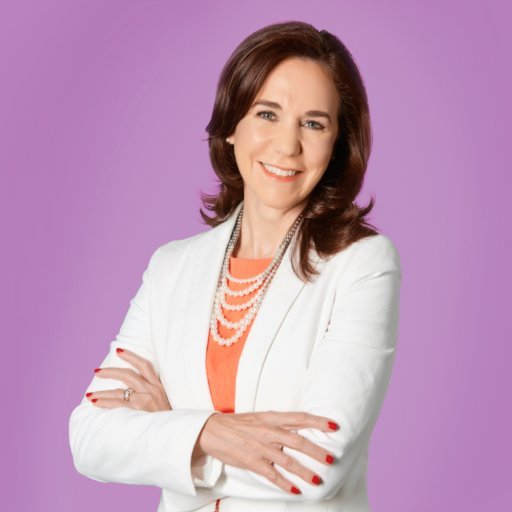Samuel Doria Medina is a politician and businessman from La Paz, Bolivia, born on December 4, 1958 (65 years old). Throughout his professional career, he has been active in both politics and business.
Samuel, named after his father, and his mother Yolanda, moved to Oruro for work-related reasons. His loved ones have often said that the Bolivian has overcome many difficult situations in life.
Currently residing in Bolivia, he founded an organization that he later handed over, and now he is fully focused on politics.
How did Doria Medina’s story begin?
At four years old, in 1962, Samuel moved with his parents and six sisters to Oruro due to work. His father first worked at a cinema and later moved into administration, which brought financial stability to the family.
In an interview, Samuel stated that he was very rebellious as a child, which led him to attend seven different schools before graduating in 1976 from a German school in Oruro.
Early university years, politics, and business
After finishing primary and secondary school, Samuel studied Business Administration and Economics at the Catholic University of Bolivia. Eager to deepen his knowledge in business, he pursued a degree in Economics in the United States.
Before leaving Bolivia, Samuel experienced the closure of the University of Bolivia due to a military coup—this event marked his first involvement in politics. Prior to the shutdown, he had successfully advocated for keeping the faculty open.
After completing his studies in the U.S., he went to London, England, for further specialization in Economics, finishing two additional courses in 1983 focused on public finance. By the age of 25, he already held several academic degrees in economics and finance.
Entry into SOBOCE
What is SOBOCE? It is the Bolivian Cement Society, founded in 1925, where Samuel’s father had worked. At age 27, as the company faced financial trouble, one of the managers reached out to Samuel to join—and he did.
In public statements, Samuel expressed his joy in reviving SOBOCE within two years and emphasized the importance of supporting the people who depend on the company’s jobs.
SOBOCE is involved in the production of cement, concrete, and other construction materials. By the late 1990s, the company had grown significantly, benefiting many people through its services and job creation.
This success led to a government appointment: between 1991 and 1993, Bolivia’s president named Doria Medina Minister of Planning and Chief of the Economic Cabinet. It was a brief mandate that ended with his return to SOBOCE.
As SOBOCE’s income grew exponentially, Doria Medina went on to acquire a share of the Burger King fast food chain in the late 1990s, later doing the same with Subway.
His leadership also drove SOBOCE’s acquisition of other concrete companies. Samuel established new grinding mills and construction plants.
Between 2005 and 2010, he invested several million dollars in manufacturing facilities to increase the output of concrete and cement. These efforts led to a 50% boost in production.
Other aspects of Medina’s life
Samuel Doria Medina has frequently expressed on social media and in interviews his desire to support underprivileged Bolivians. For this reason, he got involved in schools and toy stores to help children in need.
He has always shown concern for social issues, and from a young age was active in various political parties. Today, his focus is on supporting free enterprise.
Sale of SOBOCE and transition to politics
In 2014, after many years of dedication, Samuel Doria Medina sold a share of SOBOCE to Grupo Gloria, a Latin American business conglomerate.
These transactions were part of the group’s broader investment strategy, and in the following years, SOBOCE launched a new sub-brand and expanded its network of manufacturing plants.
This new chapter for Samuel was a deliberate move to engage fully in politics, spurred by the growth of his political party and his desire to serve Bolivia and Latin America.
In recent years, although he has distanced himself from the cement and business sectors, Medina has received awards recognizing him as a top industrialist and a role model for Bolivian society.
Supported by many, Samuel is now focused on politics through his party, with backing from numerous Bolivians, his family, and his five children.
The political party is called Frente de Unidad Nacional, where he has served for several years—a politician who began as a businessman and revived the Bolivian Cement Society.
